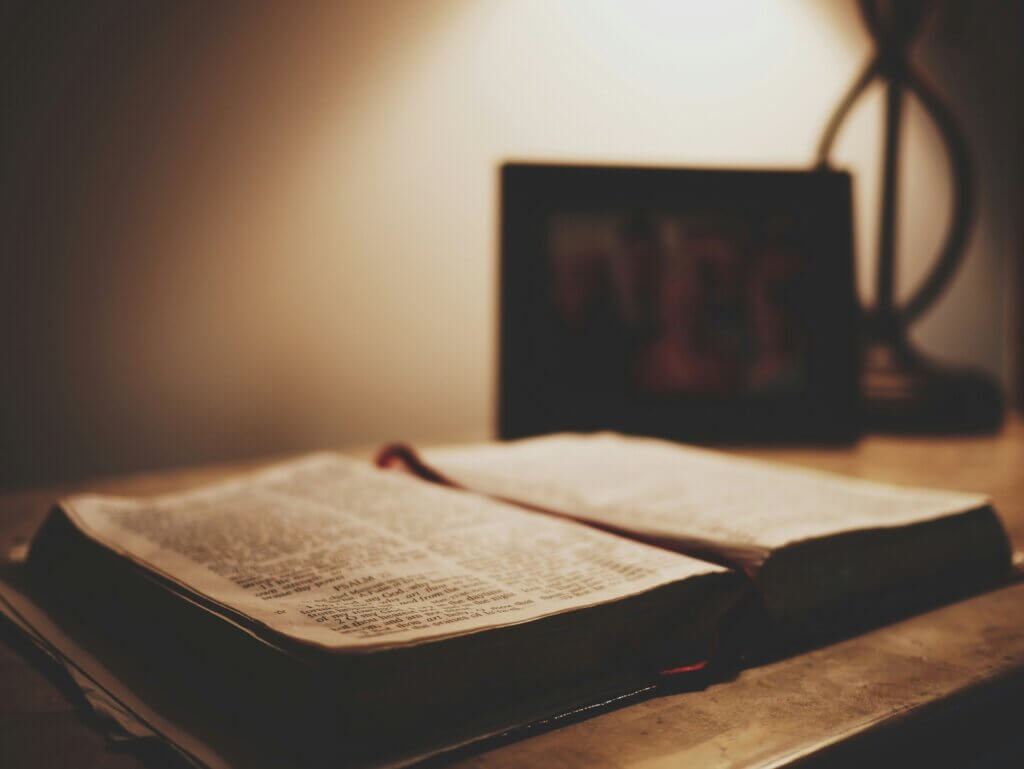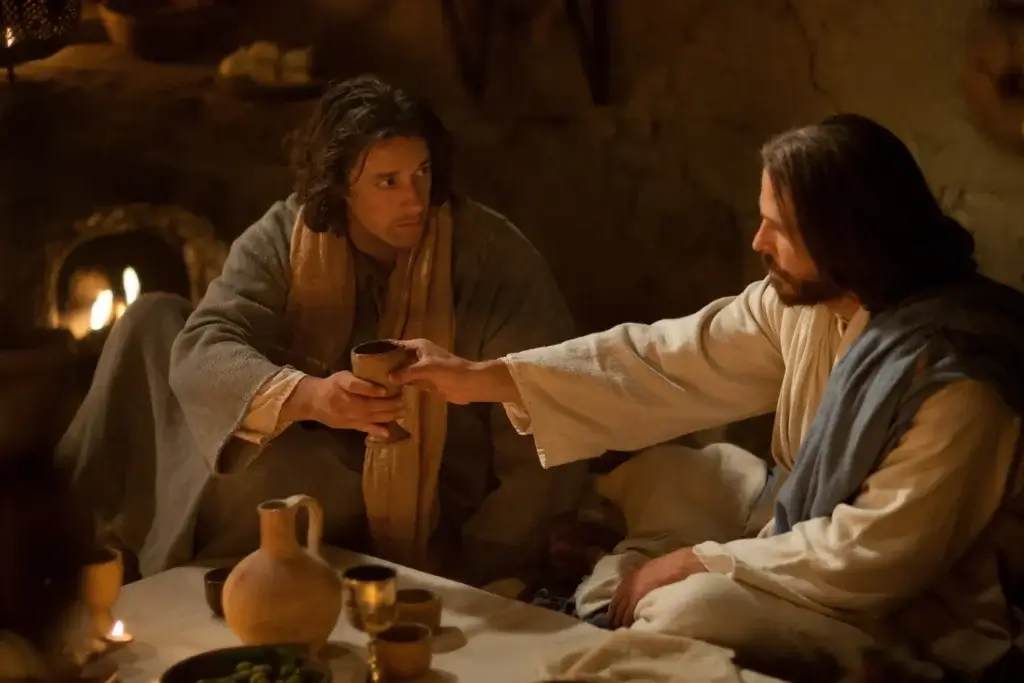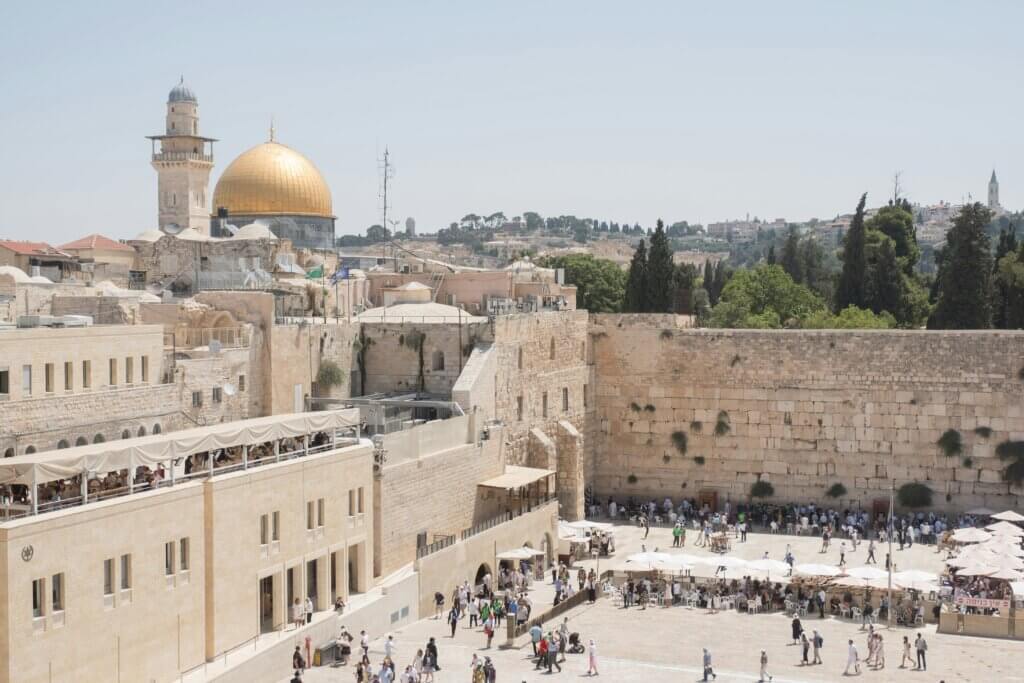What are the Roles of Ephraim and Manasseh?

Question: My wife is Native American. Being of Manasseh, she would like to know something about Manasseh & Ephraim and what they were promised as blessings? And what are the titles of books we could read about them? Thank you.
Answer: In Jacob’s birthright blessing of Ephraim in Genesis 48:19, Jacob mentions that Ephraim (or his end-time descendants) will become “the fulness of the Gentiles” (Hebrew melo’ haggoyim), which designation has special significance as it is through Ephraim’s fulfilling his birthright role that the other tribes of Israel will ultimately come to the knowledge of the gospel and be gathered to Zion (cf. Romans 11:25-26; 1 Nephi 15:13-14; 3 Nephi 16:4-7). Jacob predicts that Manasseh (or his end-time descendants) will also be great, adding that the people of Israel will bless one another, saying, “God make you as Ephraim and Manasseh!” (Genesis 48:20). The Plates of Laban, which were in Reformed Egyptian, were doubtless kept from the time of Joseph in Egypt by the eldest sons of Joseph through Manasseh, thus accounting for their being in the possession of Laban, who, like Lehi, was of the same tribe. The Plates of Laban would therefore originally have gone to the Northern Kingdom of Israel with an ancestor of Laban when the tribes settled there. Prophets such as Zenos and Zenock, who are identified as the Nephites’ ancestors (3 Nephi 10:16), would have been Manassite prophets whose prophecies weren’t recorded in the Jewish records for that reason. When Israel split into two nations and Jeroboam set up idols in the Northern Kingdom, the Levites and many righteous Israelites from the northern tribes migrated to the Southern Kingdom of Judah, where the true worship of Israel’s God Jehovah was maintained. No doubt, that is how Lehi and Ishmael came to live in the Jerusalem area. Yet were known as Jew because they were residents of the Southern Kingdom of Judah. While not much is known about Manasseh from Isaiah—except that Ephraim and Manasseh will sometimes be at odds (Isaiah 9:21)—a lot more is known about Ephraim, as detailed in the book Endtime Prophecy.












Pingback: analysis essay help
The prophets Zenos and Zenock are only known to us because of sermons taken from the Plates of Brass (1 Nephi 19:10; Jacob 5:1, 6:1; Alma 33:3 & 15; 3 Nephi 10:16). The Plates of Brass were not the Plates of Laban, but were “the record of the Jews” (1 Nephi 3:3). They contained “the five books of Moses, which gave an account of the creation of the world, and also of Adam and Eve, who were our first parents; And also a record of the Jews from the beginning, even down to the commencement of the reign of Zedekiah, king of Judah” (1 Nephi 6:11-12). Laban only had a temporary stewardship to inscribe the plates as needed and to keep them safe. Laban “and his fathers had kept the records” (1 Nephi 6:16). Laban inherited his stewardship, and would have passed that stewardship to another direct descendant of Joseph had Nephi not obtained them. It’s speculation to suppose Zenos and Zenock were descended from Manasseh, or that they were the direct ancestors of Lehi or the Nephites. We only know that Lehi was a direct descendant of Joseph, through Manasseh, who was the son of Jacob (Alma 10:3). It’s doubtful that the Plates of Brass were ever taken to the Northern Kingdom, as they were a record of the Jews, over which the descendants of Joseph had stewardship because of their scribal training. It is incorrect to assume that every descendant of Joseph had aligned themselves with the Northern Kingdom, for it may have been from Lehi’s dream (1 Nephi 3:2-3) and the Plates of Brass (1 Nephi 5:14) that Lehi first learned of his descent through Joseph.